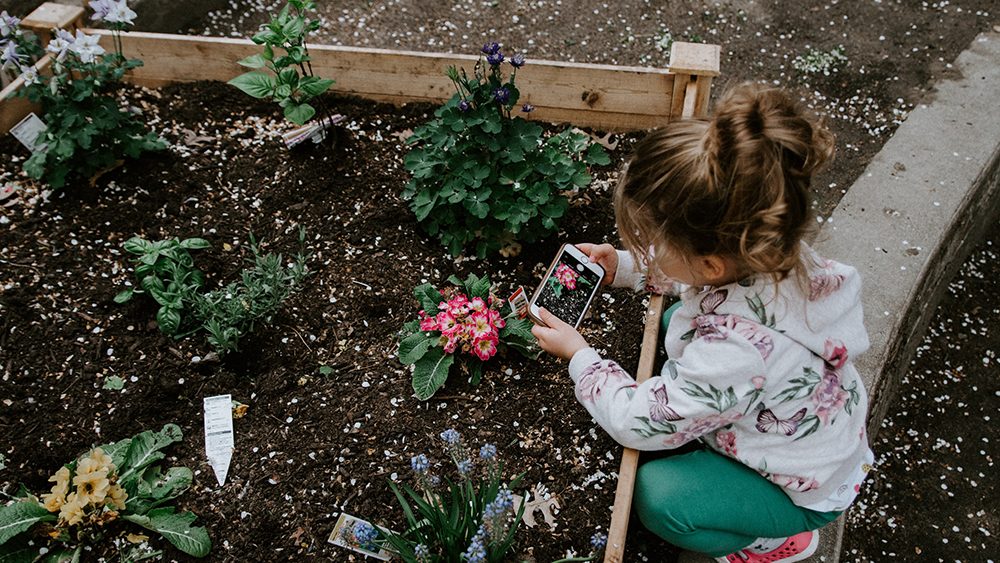For some, the current crisis has been a rare period of space – a time for renewal, rest and reviving hobbies or distant friendships. For others it has been catastrophic. Illness, redundancy, fear and loneliness have swept the nation alongside the virus itself.
What we have all shared though is the reflective nature of this extraordinary time. Our lives have been profoundly changed and it has forced us to think about what we miss and what we really value. Many are suddenly more aware of what matters most and determined to make them really count.
If you asked people across the country, from all sorts of backgrounds, what the crisis has taught them, the list might include:
- Community matters – we miss people and rely on local support. The household and ‘voluntary’ sectors may be largely invisible in monetary terms but their value to our lives is incalculable
- Healthcare and social care need care themselves – when we needed them most they were there for us. They must be viewed as an investment to be cherished not a cost to be saved
- Education is lifeblood – enriching young minds is hard but vital work on which rests the confidence and capacity of the next generation
- Inequality is deadly for us all – the unequal impacts of the virus have blown apart any sense that growing wealth for the few supports the wellbeing of the many
- Nature matters – to our health and to our futures. It can recover from our mistreatment but we need to fundamentally change our habits, and that change is vital for the planet and for our lives
- Local business cares – local firms have stepped in as global ones have stepped out. They have adapted, supported and responded to the needs of their communities
- Shopping is no longer a primary pastime – our actual confidence now seems more important than our consumer confidence
This is as good a description of a wellbeing economy as any written by experts. A wellbeing economy requires a shift from a focus on growing the wealth of a few to one that grows the capacity for us all to thrive. The shift needs us to prioritise exactly the things on that list, invest in them, design policies to grow them and services to deliver and nurture them. Suddenly citizens everywhere can see it, feel it, know it in ways our hectic ‘normality’ has not allowed for decades.
That these insights are no longer just seen in books or shared in TED talks but have emerged as our collective priorities across social, cultural and geographic divides is a profoundly important change. It has the potential to provide an ‘emperor’s new clothes’ moment – by making the principles on which our old economic model is built suddenly seem absurd.
The ‘emperor’ of our consumption-based economy is naked and we the crowd are finally seeing him for what he really is – self-serving, unjust, unsustainable and out of control. Having seen the reality, we need to act. We cannot allow the emperor to quickly pick up his clothes and cover his gaping inadequacies in order to return to ruling our lives. We need to gather together and not just demand change but make it happen.
That is exactly what is happening. Voices calling for a new economy have grown into a chorus. People are demanding that we ‘build back better’, grab this opportunity to take a different fork in the road and ensure we learn the lessons it has taught us.
Luckily many of the solutions and tools needed to build this new economy are already here. The innovations in how we design our cities around people, new ways to deliver education that puts children first, transforming our approach to energy, new ways to foster local social businesses to drive a more sustainable and resilient local economy and of course, new ways to measure and define progress that value what matters and make it count.
The Centre for Thriving Places can help communities and local leaders grab this opportunity and build on the public momentum. Our work measures and helps improve exactly the sorts of priorities listed above that are surfacing in people’s consciousness in this time of upheaval, and we offer practical support to places across the UK and beyond who genuinely want to ‘build back better’ – helping them to redesign their policies and practices in ways that put people and planet centre stage.
We all can and must call out the ‘old economy’ for what it is and embrace our collective insight on what a better economy can be. There is already so much in place to help that happen fast. Our rediscovered wisdom about what matters can be grown into an unstoppable movement to put that at the heart of how we live and thrive for generations to come.
To find out more or get help to build back better where you are contact hello@centreforthrivingplaces.org
By Liz Zeidler. Chief Executive of Centre for Thriving Places



Comments are closed.